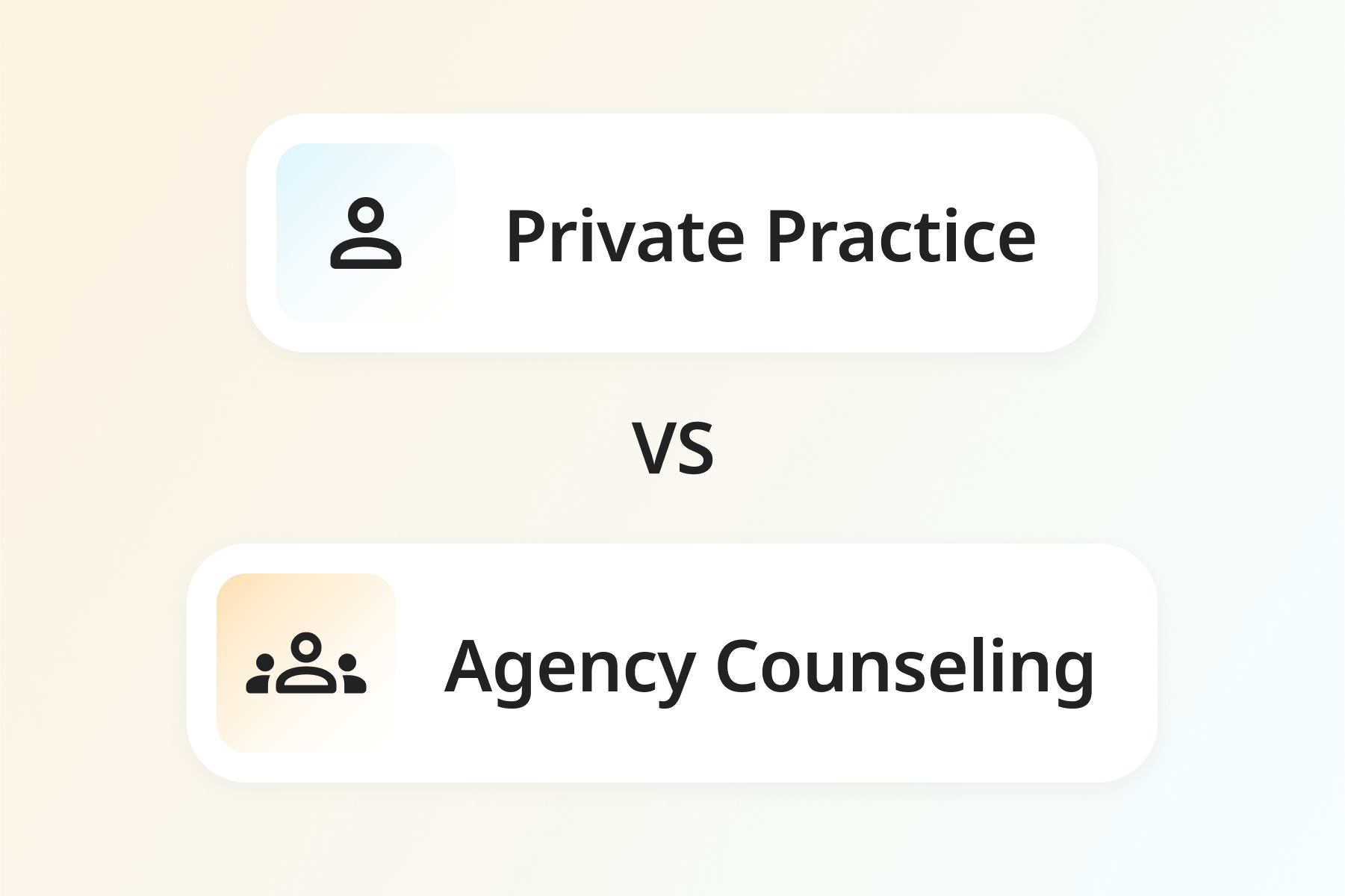Growing Your Mental Health Practice


Are you thinking about adding a second office location? Hiring office staff? If you are just starting out growing your group private practice, you probably would love the opportunity to sit down with someone who has done it before and ask them to share their secrets.
In the video, Growing Your Mental Health Practice, TherapyAppointment founder Dr. Bill Whitehead has done just that. He interviewed 5 experienced private practice owners and asked them how to be successful in growing a mental health practice. Here’s what they had to say!
Referrals
Experienced counselors say word of mouth makes up a significant part of their new referrals. Paul Dalton, LPCC, says “our best client is generally referred from somebody we’ve already seen.” Other counselors found they received referrals from key leaders in the community: pastors, the staff at the schools, physicians, and attorneys. Some recommended social media. If you are able to share content that is relevant and meaningful to your key client base, they will follow and share it, getting your message out. The theme is that referrals come from being helpful and building relationships.
Action Step: Make a list of the outlets you have to share what you do and generate referrals. What people do you know, and what platforms could you use to share your message?
Building Your Website
If experienced counselors could go back and do things differently, they’d recommend skipping the “do it yourself” approach when it comes to your website. It just looks unprofessional, says Laura Frohboese, LCSW. Your website is your image in the community, advises Dalton. You want to make certain that your voice is in the content on the website. Your website is your first point of contact for most clients with your office. It’s important that your website be a safe place, inviting and informative, says Robin Rosario, LPC-S.
Action Step: Ask three people to review your website like a new client would. Ask them to give you feedback on what doesn’t work for them – is it hard to find key information? Is the text too small, the background too busy? Better that you hear it from them than lose potential clients!
Marketing
Counselors have tried all sorts of creative approaches to getting their names out there. Some were surprising successes, as shared by Kim Gaines Eckert, Psy.D. Counselors at her practice got involved in a Facebook group for local moms and connected with several new clients by sponsoring tables at health fairs. Other approaches seemed like they would work but then failed to produce any leads. Shawntal Isaiah, LCSW, shared how she was disappointed by a campaign of putting advertising inserts into pharmacy bags.
One traditional approach, counselor directories, can produce uneven results. Some find them useless, others have success.
Action Step: Track your marketing metrics by including a line on your intake forms that ask new clients where they found you. If a particular marketing strategy never shows up on your intake forms, it might be time to let it go!
Practice Management
Isaiah said that it has helped her clients to have everything in one place with TherapyAppointment. Frohboese appreciates the philosophy of TherapyAppointment, that the counselor provides the therapy, they do the rest! She loves how using it cuts down on phone tag with clients about appointments.
Action Step: Consider what having a practice management system could save you in terms of time and money. If you don’t have one already, what could it do for you? If you do have one, how could you make better use of the practice management system you have?
Staffing & Partnership
When it came to hiring staff, Dalton asked himself, ‘who would want to come in and work hard?’ His conclusion was students, particularly students on their way to becoming licensed professionals. Future counselors and nursing professionals were particularly successful hires for him.
Roasario encouraged the benefits of having screening questions on a phone call prior to the in-person interview, to avoid wasting time that could go to client appointments on candidates that couldn’t meet your requirements.
When hiring a therapist for your private practice, Isaiah says that sometimes you will start by looking for a need of yours that is unmet. For example, if you have a lot of calls for a therapist for teenagers, you might hire a specialist who works with teens. You might also hire counselors out of a desire to mentor, as did Eckert. She and her husband, co-owner of their practice, wanted to show up-and-coming counselors how the private practice could work.
Rosario suggests you plan on the fact that your counselor employees will not stay forever. She recommends having employees sign a non-compete contract so that clients stay with the practice when counselors move on.
Action Step: If you haven’t already, take a few minutes to quickly sketch out what kind of person would be a good fit for your practice. Ask yourself at the same time, “How can I maximize what’s in it for them?”
Payroll
When considering how to pay counselor employees, there are a lot of factors for the private practice owner to consider. First among those may be whether or not to hire an employee or a therapist who works as an independent contractor, as those have very different tax implications for you. However, that affects how you have to treat them. Contracted therapists are required to set their own schedules and rules.
Rosario reminds you to factor office expenses – like the costs of furniture or group health insurance - into the equation when it comes to setting a salary for your hires.
Action Step: How would you like to structure the salary or fees you would pay a therapist who worked for your practice? Would it make more sense for you to have employees or hire independent contractors?
Want more tips on expanding your mental health practice? Look for the book by Bill Whitehead and Denise Hoyt, “The Psychotherapist Success Guide: Creating a Principled, Profitable, Paperless Practice” to be published later this year.



